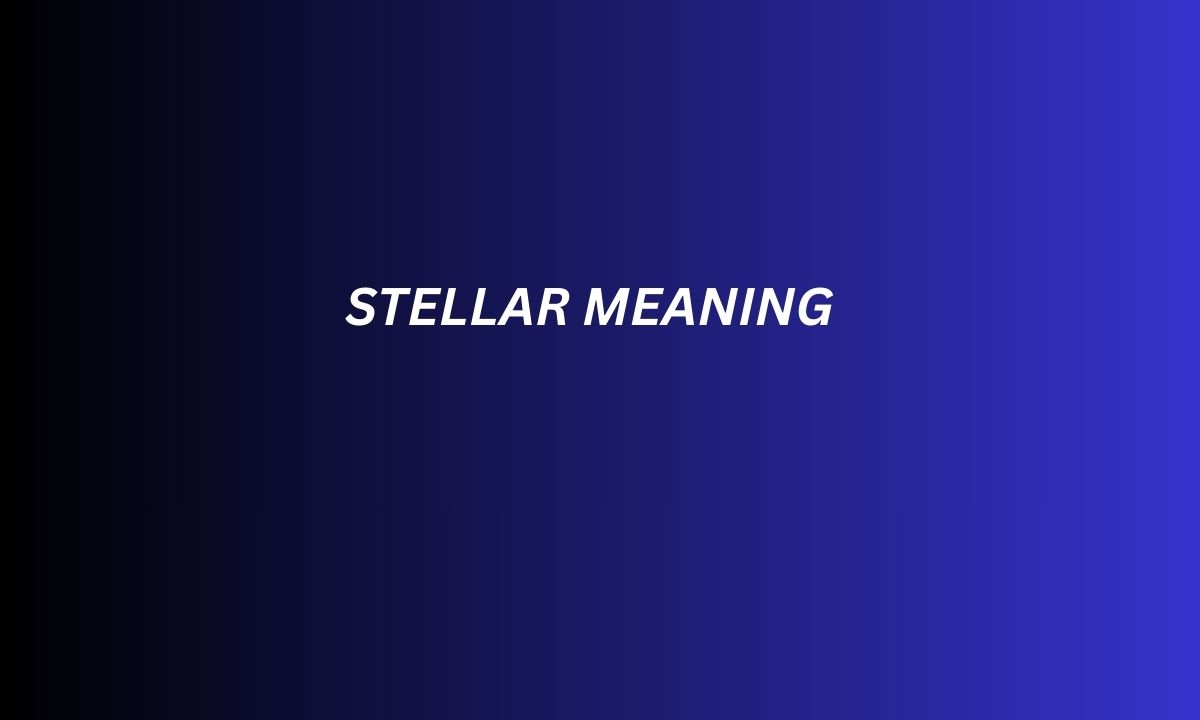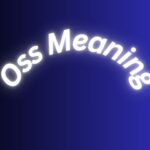The word stellar often sparks curiosity, as it carries more than one layer of meaning depending on context. While its origin is tied to the stars, it has also grown into a metaphor for excellence, brilliance, and outstanding quality in everyday language.
Understanding the stellar meaning requires looking at how it functions in different settings. In scientific terms, it connects to astronomy, but in conversation or writing, it is widely used to describe exceptional work, performance, or personality traits in both casual and professional tones.
This article explores the nuances of the word stellar, how it appears in modern communication, and its usage in various contexts. Readers will also discover polite, professional, and casual alternatives to this word, ensuring versatile language use in any situation.
What Does Stellar Mean?
The word stellar originates from the Latin word stella, meaning “star.” At its core, the literal definition connects directly to stars and celestial bodies. For example, one might say “stellar system” when referring to a group of stars. However, in everyday English, the word has extended beyond astronomy. It now refers to something outstanding, exceptional, or excellent.
When someone uses stellar to describe a person, performance, or event, they are highlighting its remarkable quality. Saying “You gave a stellar presentation” implies that the presentation was outstanding. This metaphorical use is common in both casual and professional speech, making it a versatile word that conveys positivity.
Stellar Meaning in Text
In digital communication, stellar is frequently used as shorthand to express approval or admiration. For instance, in messages, reviews, or social media captions, phrases like “stellar job” or “stellar vibes” highlight excellence. Unlike exaggerated slang terms, it balances sophistication and relatability, making it appealing across various audiences.
Writers, students, and professionals often prefer using stellar over words like “great” or “amazing” because it sounds refined without being overly formal. In this way, stellar bridges casual and polished communication, fitting well in emails, conversations, and creative writing.
Exploring Alternatives to Stellar
While stellar is effective, having alternatives allows for richer and more nuanced expression. Depending on the situation, you may want a professional, polite, or casual substitute. Below are carefully chosen alternatives divided by tone:
Professional Alternatives
- Outstanding – Ideal for business or academic contexts.
- Exceptional – Works well in evaluations or formal writing.
- Impressive – Professional yet approachable.
- Remarkable – Highlights something worth attention.
- Excellent – A classic professional compliment.
Polite Alternatives
- Noteworthy – Subtle and appreciative.
- Commendable – Respectful and dignified.
- Admirable – Recognizes effort without exaggeration.
- Distinguished – Reserved for formal recognition.
- Praiseworthy – Warm yet respectful.
Casual Alternatives
- Awesome – Common in friendly speech.
- Cool – Relaxed and simple.
- Brilliant – Informal but strong praise.
- Great – A versatile and widely used term.
- Fantastic – Cheerful and casual admiration.
Nuances of Tone in Using Alternatives
Choosing the right word depends heavily on the context. For instance, in a job recommendation letter, outstanding or exceptional would carry more weight than cool. In polite exchanges, like thanking a colleague, commendable or admirable may feel more appropriate. Meanwhile, in casual chats with friends, words like awesome or fantastic sound natural and relatable.
Tone determines not only how the compliment is received but also how it reflects on the speaker. Using professional terms in formal writing builds credibility, while casual words maintain warmth in informal conversations. Striking the right balance is key to effective communication.
Why Use Alternatives to Stellar?
Although stellar is powerful, relying solely on it may reduce the freshness of your language. By exploring synonyms and alternatives, you can tailor your communication to different audiences, avoid repetition, and ensure clarity. For example, in an academic essay, using exceptional might strengthen the tone, while in an Instagram caption, fantastic may better capture enthusiasm.
Using a variety of expressions also broadens your vocabulary, showing readers or listeners that you can adapt your language depending on the situation. This flexibility enhances both writing and speaking skills.
Final Thoughts on Stellar Meaning
The word stellar shines brightly in English because it bridges literal and figurative meanings, stretching from astronomy to everyday compliments. Its versatility allows it to thrive in professional reports, polite exchanges, and casual conversations. However, understanding its alternatives ensures richer, more adaptable communication.
By learning when to use words like exceptional, commendable, or awesome, you refine your ability to connect with different audiences. Language, after all, is about precision and resonance, and choosing the right word can transform a simple sentence into something memorable.

Elizabeth crafts heartfelt messages for every occasion—anniversary wishes, love notes, prayers, thank-yous, and inspirational greetings—bringing warmth, joy, and connection to your special moments.










